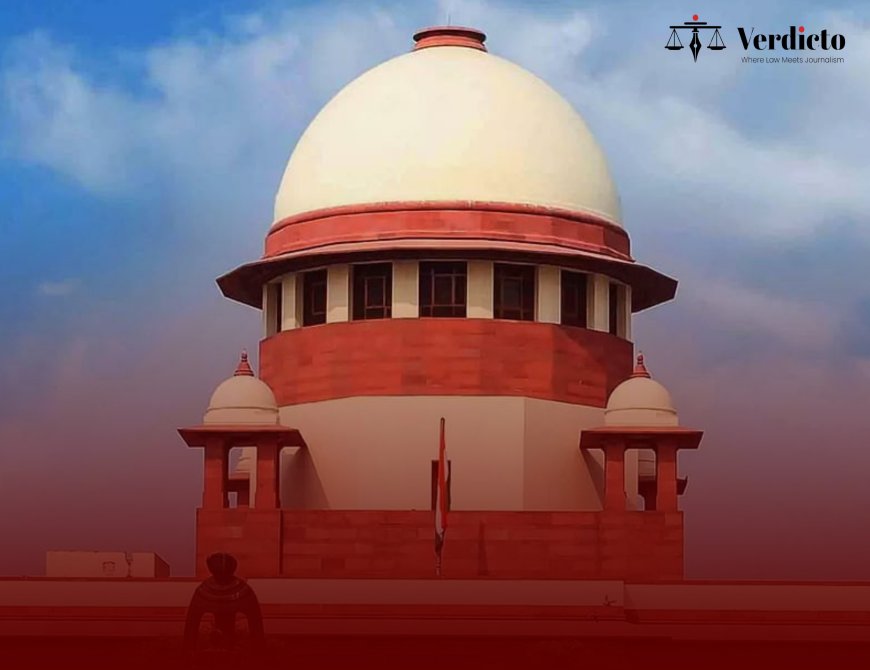Supreme Court Restores Three Years’ Litigation Experience for Entry‑Level Judicial Service
New Delhi — In a landmark judgment, the Supreme Court has reinstated the requirement that aspiring judges must possess at least three years of practice as an advocate before they can sit for entry‑level judicial‑service examinations. A Constitution Bench led by Chief Justice of India B.R. Gavai held that the infusion of novice law graduates directly into the judiciary, without any grounding in courtroom procedure or advocacy, undermines the quality and credibility of judicial decision‑making.
⸻
Bench’s Rationale
Delivering the judgment, CJI Gavai observed that “practical exposure to litigation is indispensable for the development of legal acumen, procedural understanding, and court‑room etiquette,” and that recruits lacking such experience have often struggled with case‑management and the rigors of trial practice. He noted that, in recent years, some state judicial services had reported high rates of attrition and performance issues among freshly‑minded recruits, leading to delays and procedural lapses in district courts. The Bench concluded that reinstating a minimum three‑year practice requirement would bolster the efficacy of judicial administration and protect litigants’ rights to fair and timely adjudication.
⸻
Counting Practice from Provisional Enrolment
The Court clarified that the three‑year period will be computed from the date of provisional enrollment on a State Bar Council roll, rather than the date of issuance of a permanent certificate. This approach ensures uniformity across states, where the processing time for permanent enrollment certificates varies significantly. According to the judgment, provisional enrollment grants advocates the full right to practice in subordinate courts and High Courts, making it the appropriate benchmark for measuring experience.
⸻
Impact on Judicial Recruitment
With this decision, dozens of pending and upcoming judicial‑service examinations will be revised to reflect the three‑year experience criterion. Candidates who graduated within the last three years but have been practicing under provisional enrollment will now be eligible only upon completion of their third anniversary on the roll. State Public Service Commissions and judicial‑service commissions have been directed to amend their notifications and application forms forthwith.
⸻
Reactions from the Legal Community
• Bar Councils and Senior Advocates: Many senior members of various State Bar Councils have lauded the judgment. Senior Advocate Meera Sharma remarked, “This decision preserves the integrity of the lower judiciary by ensuring that only those versed in courtroom realities don the judge’s robe.”
• Law College Alumni: Some fresh graduates, however, expressed disappointment. “We understand the need for experience, but three years is a long time for those eager to serve on the bench,” said Rahul Verma, president of a leading law-college alumni body.
• Judicial Aspirants: For aspirants, the ruling underscores the importance of early enrollment and active litigation exposure. “We will be sure to enroll at the earliest opportunity and seek clerking or litigation assignments,” noted Anjali Nair, a final‑year law student preparing for judicial exams.
⸻
Looking Ahead
By emphasizing practical training alongside academic credentials, the Supreme Court has reaffirmed its commitment to a robust and competent judiciary. As state commissions update their eligibility norms, the judgment is poised to shape the career trajectory of thousands of young lawyers, ensuring that those who ascend to the bench bring with them not only theoretical knowledge but also the confidence and competence born of hands‑on courtroom experience.








